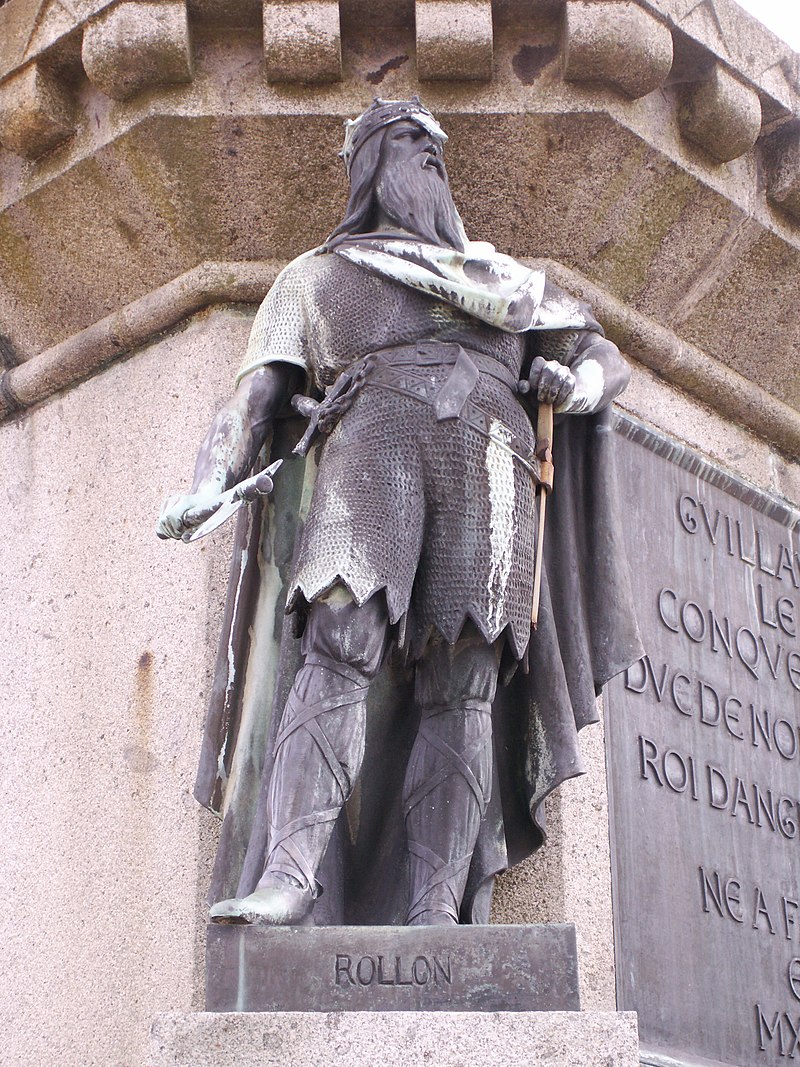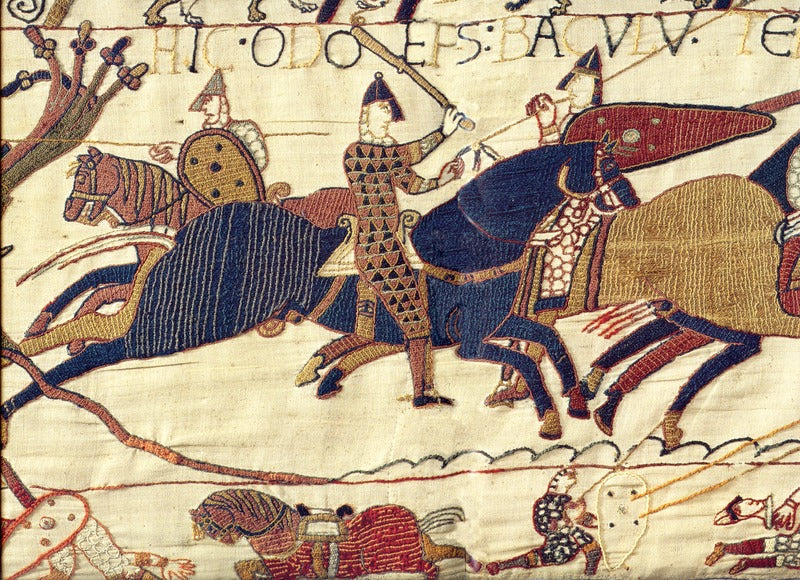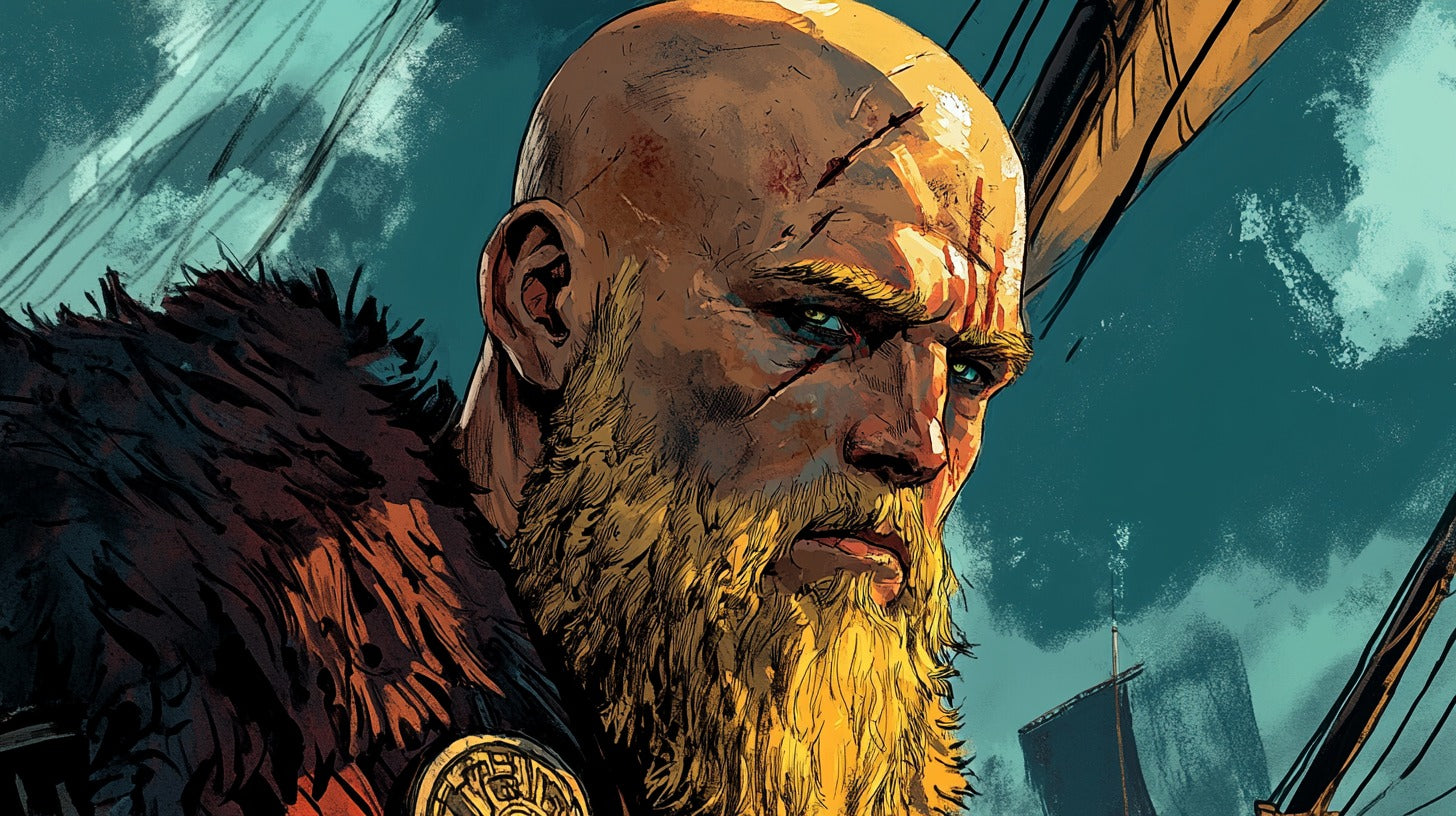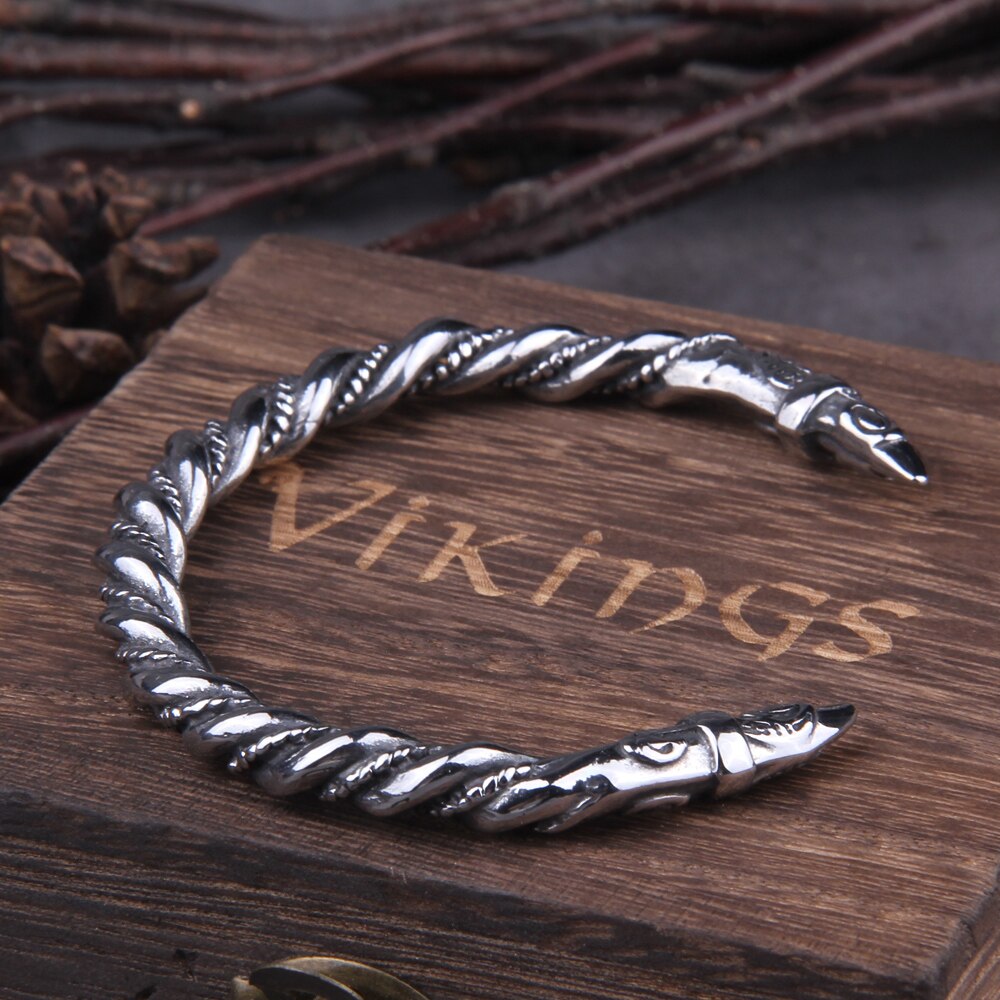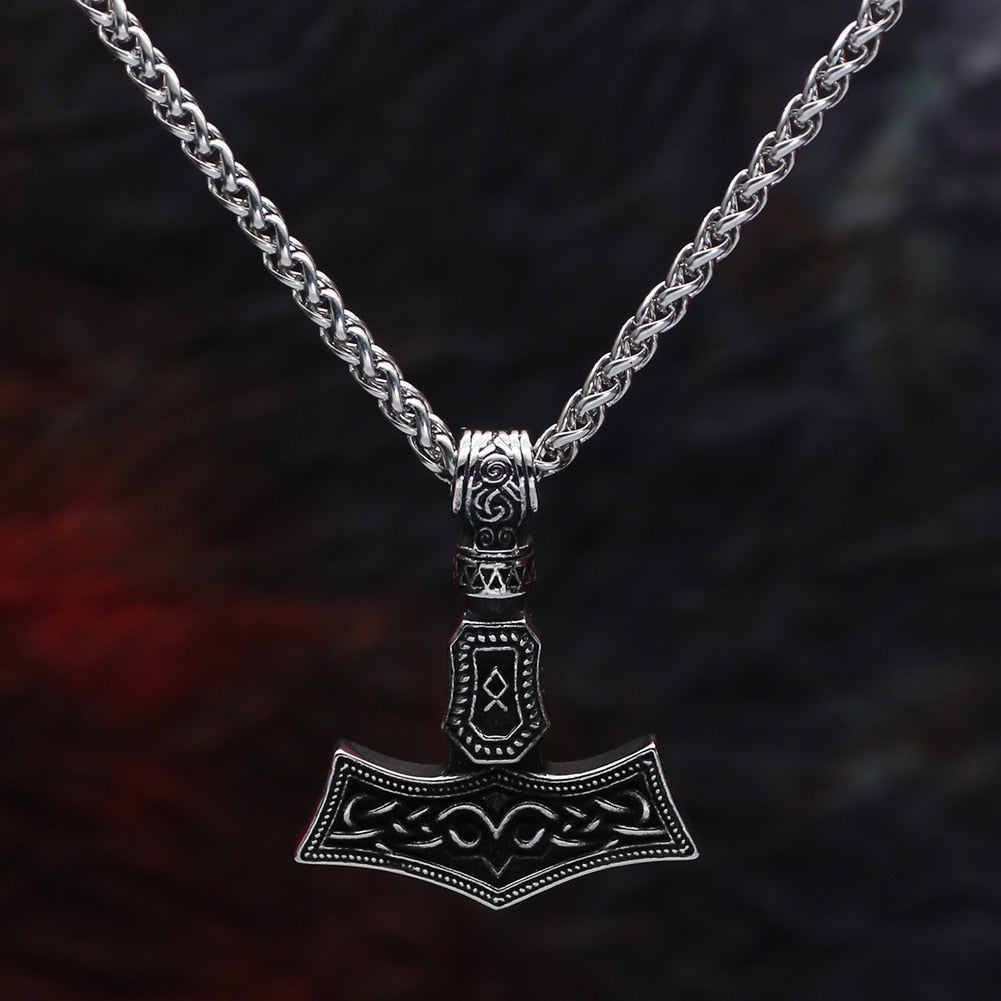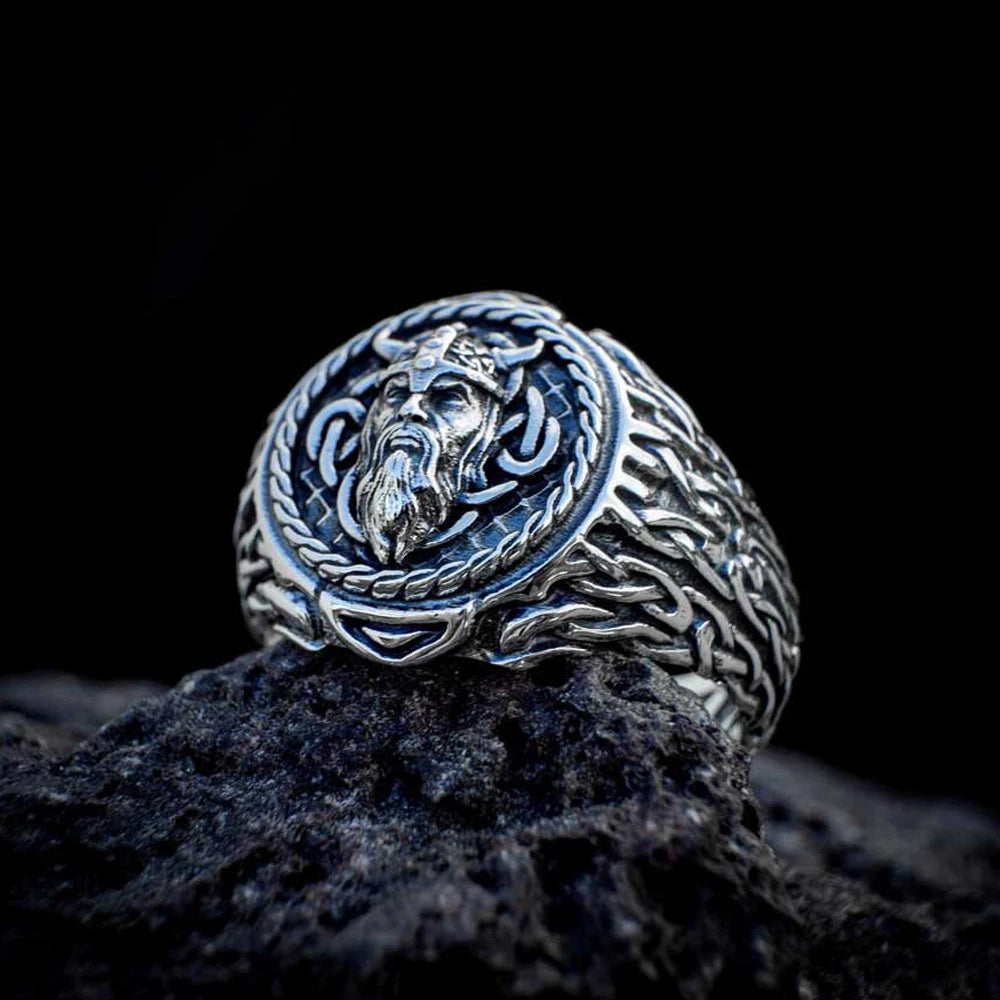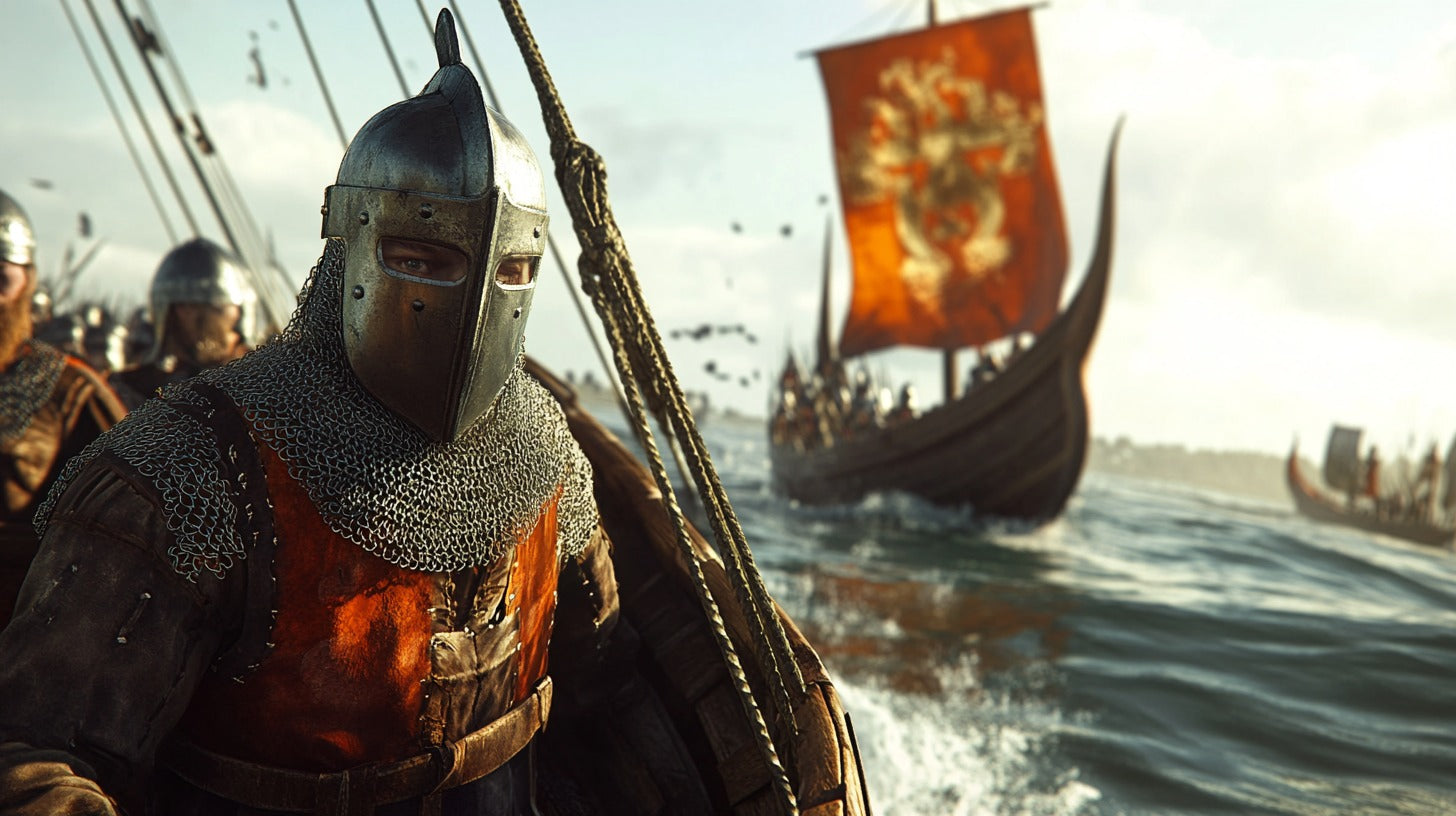
How Viking Were the Normans? A Historical Analysis of Norse Transformation
The story of the Normans represents one of medieval Europe's most fascinating cultural metamorphoses. Emerging from Viking raiders who settled in northern France, the Normans transformed from seafaring Scandinavian warriors to a sophisticated medieval civilization that would reshape European history.
Viking Roots: The Scandinavian Connection
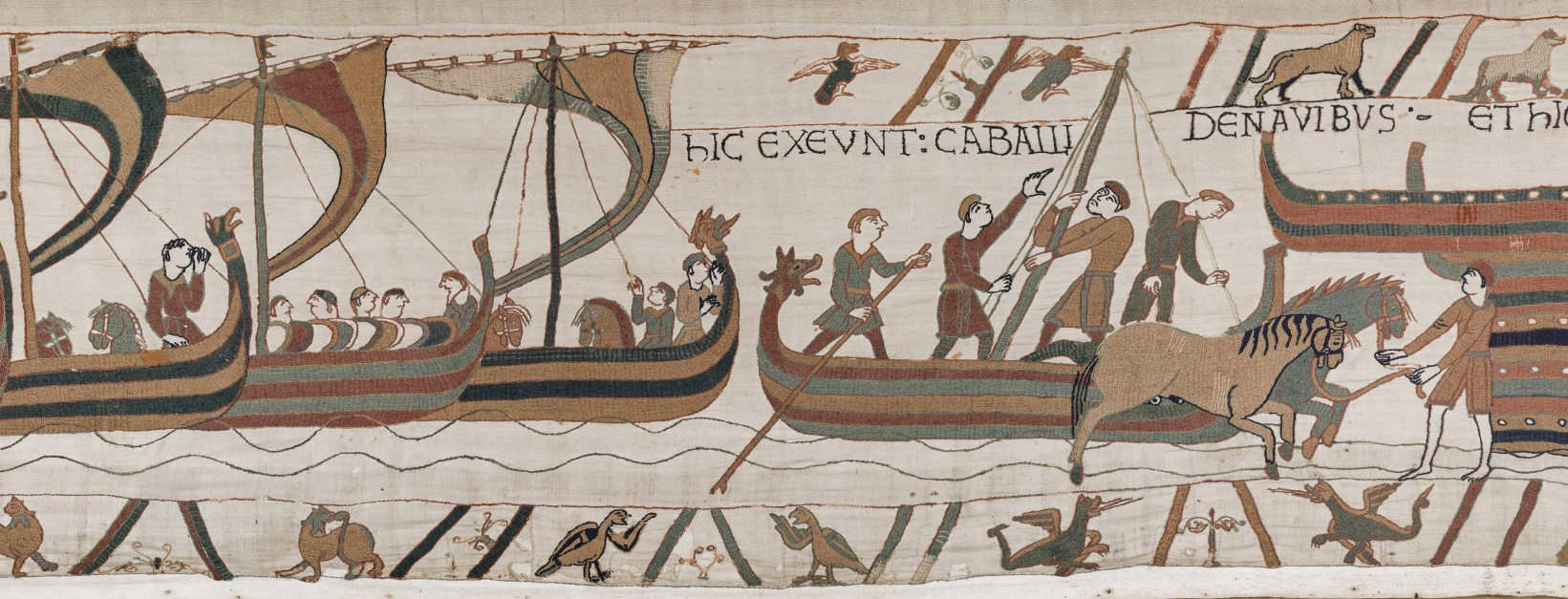
Normans arriving in England, from a section of the Bayeux Tapestry
Norse Settlement in Frankish Territories
In the early 9th century, Viking raiders from Scandinavia began conducting increasingly frequent expeditions into Frankish territories. These Norse warriors were not merely raiders but potential settlers seeking new lands and opportunities. The Frankish kingdoms, frequently fragmented and struggling with internal conflicts, found themselves vulnerable to these aggressive newcomers.
The Norse, predominantly from Danish and Norwegian regions, demonstrated remarkable adaptability. Unlike previous invaders who sought only plunder, these Vikings showed interest in permanent settlement. Their initial interactions with Frankish territories were characterized by a complex dynamic of military confrontation and strategic negotiation.
Rollo and the Founding of Normandy
A pivotal moment in this narrative occurred in 911 CE when Charles the Simple, King of West Francia, made a strategic decision that would alter European history. Facing continuous Viking raids, he negotiated with Rollo, a prominent Norse leader, granting him territories in what would become Normandy in exchange for protection against further Viking incursions.
Rollo, whose origins are debated by historians but likely originated from modern-day Norway or Denmark, became the first ruler of what would be known as Normandy—literally, "land of the Northmen." This treaty, formalized at Saint-Clair-sur-Epte, represented a groundbreaking approach to managing Viking settlements.
Cultural Transformation
An illustration of Anglo-Norman elites by Albert Kretschmer
Adaptation to Frankish Society
The Vikings who settled in Normandy underwent a remarkable cultural transformation. Within a few generations, they rapidly adopted local customs, feudal structures, and administrative practices. Their Norse identity did not disappear but was instead synthesized with Frankish societal norms.
Linguistic evidence demonstrates this profound adaptation. Old Norse gradually gave way to a dialect of Old French, though certain Norse linguistic influences remained. The settlers learned local agricultural techniques, embraced feudal hierarchies, and integrated into existing social structures.
Religious and Linguistic Changes
Christianity played a crucial role in this cultural metamorphosis. The Norse settlers, initially adherents of Norse paganism, converted to Christianity with remarkable speed and thoroughness. This religious transformation was not merely superficial but fundamentally reshaped their worldview and social practices.
By the mid-11th century, Norman lords were among the most devout Christian rulers in Europe, paradoxically emerging from a tradition of Norse paganism that had been characterized by raids on Christian territories.
Norman Identity
Statue of Rollo (Photo: Imars: Michael Shea CC BY-SA 2.5)
Military and Political Development
The Normans developed a distinctive martial culture that combined Viking martial prowess with sophisticated medieval military strategies. Their military innovations included improved cavalry tactics, castle construction, and a centralized feudal system that allowed for rapid mobilization.
Their ambitions extended far beyond their initial territories. Norman adventurers would establish kingdoms in Southern Italy, participate in the Crusades, and most famously, conquer England in 1066 under William the Conqueror.
Cultural Synthesis
What emerged was not simply a continuation of Viking culture but a unique Norman identity. They became exceptional administrators, architects, and cultural innovators. Their architectural achievements, particularly in religious structures like cathedrals and monasteries, demonstrated a profound departure from their Viking predecessors.
The Norman Conquest of England

A section of the Bayeux Tapestry which chronicles William's arrival and conquest of England (Photo: Alipaiman)
The 1066 invasion of England under William the Conqueror represented the culmination of this cultural transformation. No longer were they the Viking raiders of previous centuries, but a sophisticated, militarily advanced society capable of complex political organization.
William's conquest introduced Norman feudal structures to England, fundamentally restructuring Anglo-Saxon society. This was not a simple invasion but a comprehensive societal reimagination.
The Normans exemplify one of medieval Europe's most remarkable cultural transformations. From Viking raiders to a sophisticated medieval civilization, their journey represents a testament to human adaptability and cultural synthesis.
Their legacy extends far beyond their initial settlements, having profoundly influenced European political, architectural, and cultural developments for centuries to come.
References
Searle, Eleanor. "Predatory Kingship and the Creation of Norman Power, 911-1131"
Bates, David. "Normandy Before 1066"
Loud, Graham A. "The Age of Robert Guiscard"
Hallam, Elizabeth. "Capetian France 987-1328"
Roesdahl, Else. "The Vikings"
Frequently Asked Questions (FAQs)
- Were all Normans of Viking descent?
Not all Normans were of direct Viking ancestry. Many were local Frankish inhabitants who integrated with the Norse settlers.
- How quickly did the Normans adopt Christianity?
Within two generations of settling in Normandy, most Norse settlers had converted to Christianity.
- Did the Normans retain any Viking cultural practices?
While they adopted many Frankish customs, they retained aspects of Norse martial culture and seafaring expertise.
- Why were the Normans so successful in conquests?
Their success stemmed from superior military organization, adaptive strategies, and a centralized feudal system.
- How different were the Normans from their Viking ancestors?
Culturally and socially, they were substantially different, having transformed from raiders to sophisticated medieval rulers.

